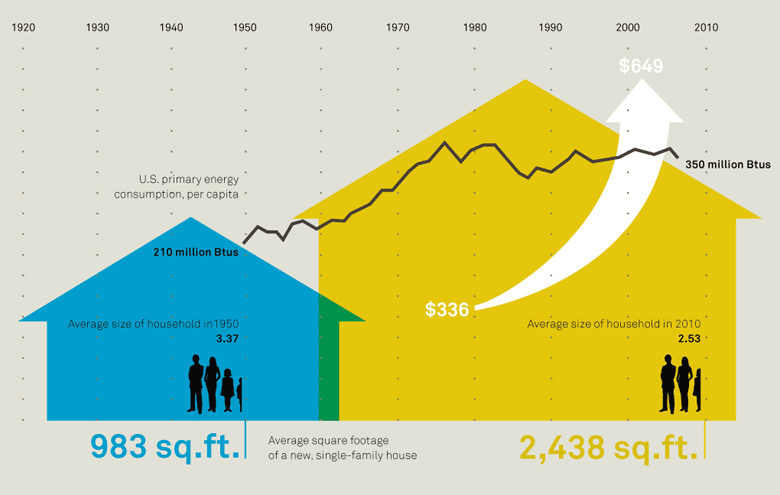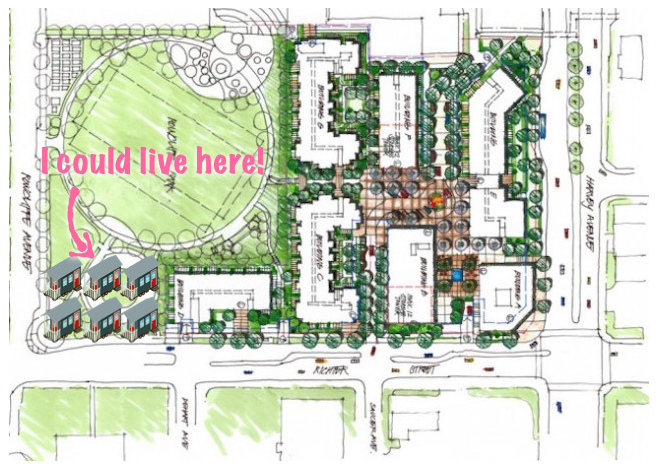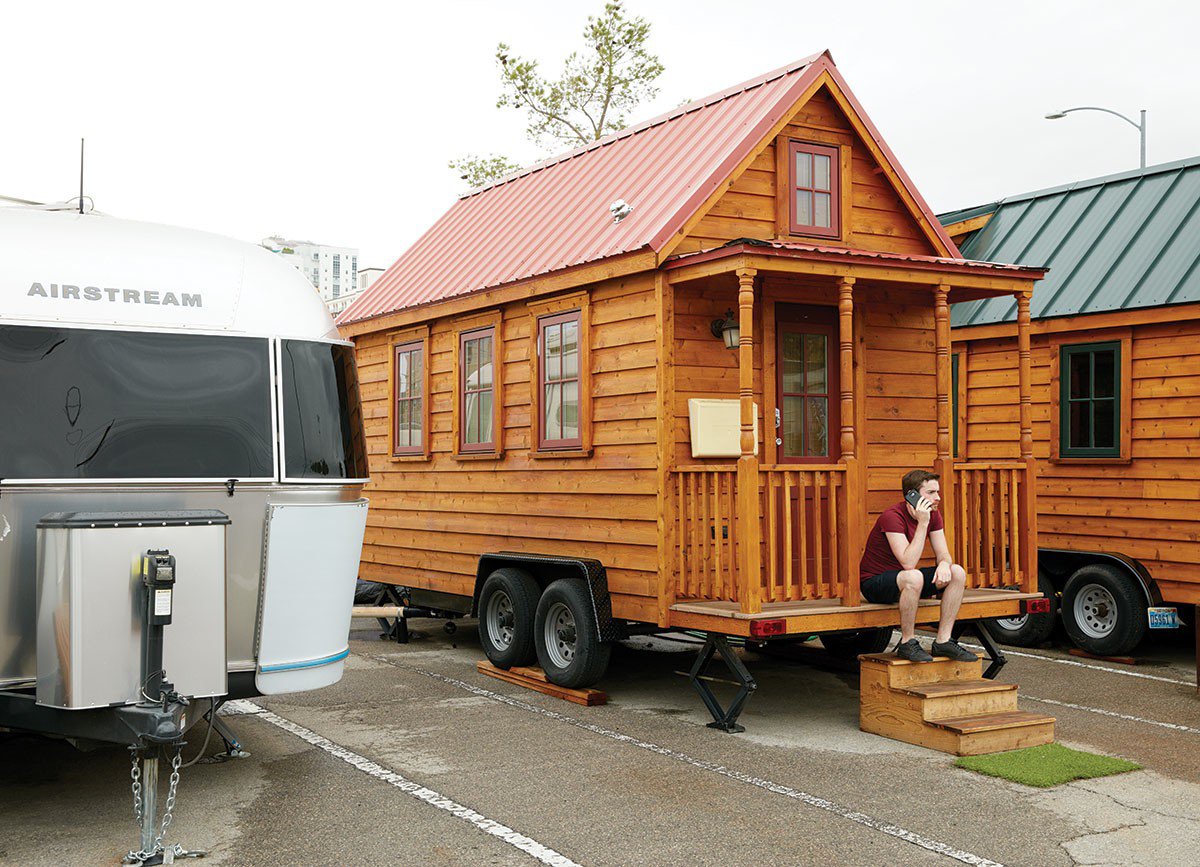Library of books I never read — Fired!
Closet full of clothes I never wear — Fired!
Old couch and coffee tables taking up space in the living room — Fired!
Living room — Fired!
Credit card debt — Fired!
We’ve been downsizing. Over the past couple of years we have been removing ourselves from the systems of debt and consumerism and working towards living more sustainably. This has proven to be a long process, where one must question every part of one’s life. We are not anywhere near done yet, but we have been building momentum.
A few years ago I was inspired by Graham Hill’s TED Talk Less Stuff More Happiness, which is a great short video on how crazy our North American Supersize Everything culture has become.
Despite being inspired by the video (and the apartment he made which you can see in this video) I was not motivated enough to do anything about it. Then my wife discovered minimalism, and has become a proselytizing force for 断捨離, the Japanese ideology of decluttering. She has been constantly sharing videos of the tiny house movement or articles of a family of four in a bachelor or 5 kids in 1 Condo (I highly recommend his take on the decline of the American monster home) and the like.

The post-war trend of cars, suburbs and home sizes combined with low interest rates and financialization since the 1970s has been a blight on our society. No wonder we have such as acute housing crisis and are such terrible polluters.
My wife’s Japanese perspective has been instructive for me. When most Japanese come to North America they are awed by the amount of space we have and the size of our houses. My wife was different and disparaged: “What a waste!” Japan is constantly berated for being a “cash-based society.” But in the wake of the 2008 financial crisis, and North America’s love affair with debt, I have come around to the (once old-fashioned in NA) view of living within my means. Not only that, but moving to cash-only has also removed me from the surveillance system of credit and loyalty cards. In fact, it was my thinking about computers and the internet that allowed me to understand my wife’s points about the ethical shortcomings of the “real” world. For example, since arriving in Kelowna she experimented successfully with growing her own vegetables — finding that as empowering as I find the maker movement or the Linux community. Funny how a married couple can share the same principles but express them in seemingly unrelated ways…
Towards living the small life
There are so many reasons to choose to live small — money, ethics, environmentalism and much much more. It was how we as a society used to live, and with things like the “back to the land” movement of the 60s, there is a portion of society that has always been trying to push for these changes. The arguments for living this way are in the links I have posted already, so I won’t go over that ground. Rather, I’d like to share some of our experience and our goals.
Learning about minimalism in the last year has certainly had a big influence on the way we live and how we regard our community. We support our city’s move towards more density. We look to cities like Portland, with its farsighted plan for development in its downtown core as models. Taking advantage of shared services like the OGO Car Share Co-op are extremely important. (I have never owned a car, and if I can make it through my whole life without owning an internal combustion engine… well, I think that is a worthy accomplishment.) We need more services like this.
My wife’s goal is to live in a Tiny House at some point, and she describes this as her dream home. Achieving this while living in a dense enough community to benefit from shared resources like transit and car-sharing is difficult. Between us we have been bandying about the idea of setting up a co-op to purchase land near downtown so that a dozen tiny-houses (and an Ogo car!) could be close to amenities. I realize that I am basically pitching a trailer park, but most of those are on the edges of a city, and do not necessarily subscribe to the Tiny House philosophy. Imagine a section of the new Central Green development dedicated to zero impact living — a portion of the green space set aside for tiny houses? That is probably worth some carbon tax offsets and some sustainable development tax breaks from the city.

Zappos, the successful ecommerce startup, dedicated part of their parking lot for employees with tiny homes. The CEO of Zappos Tony Hsieh lives in an Airstream in that lot. Like I said earlier, living small is how we used to live. It can be done once again, and is worth it.
Feature photo: Tiny homes in the Zappos parking lot, from https://newrepublic.com/article/122965/can-billion-dollar-corporation-zappos-be-self-organized


